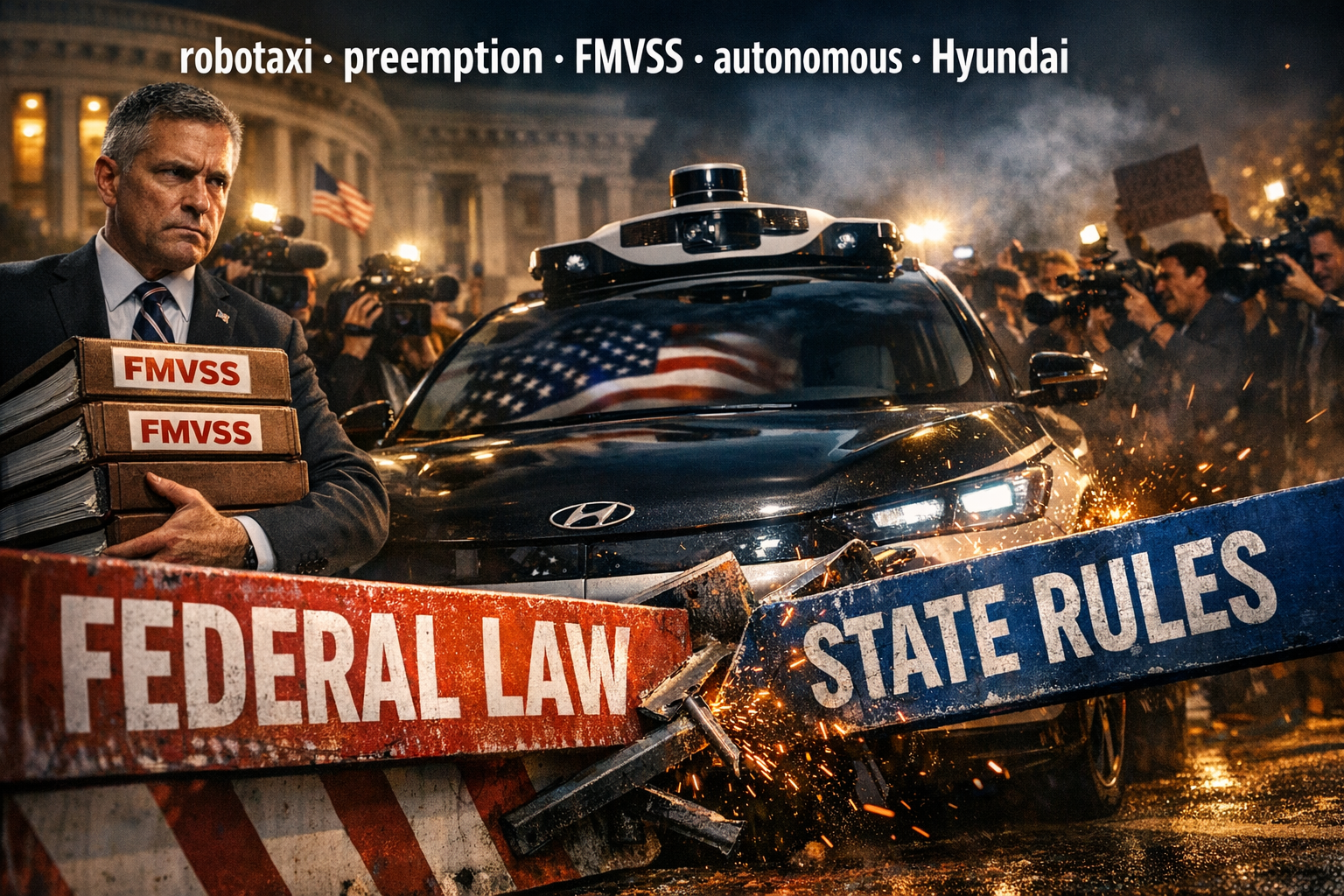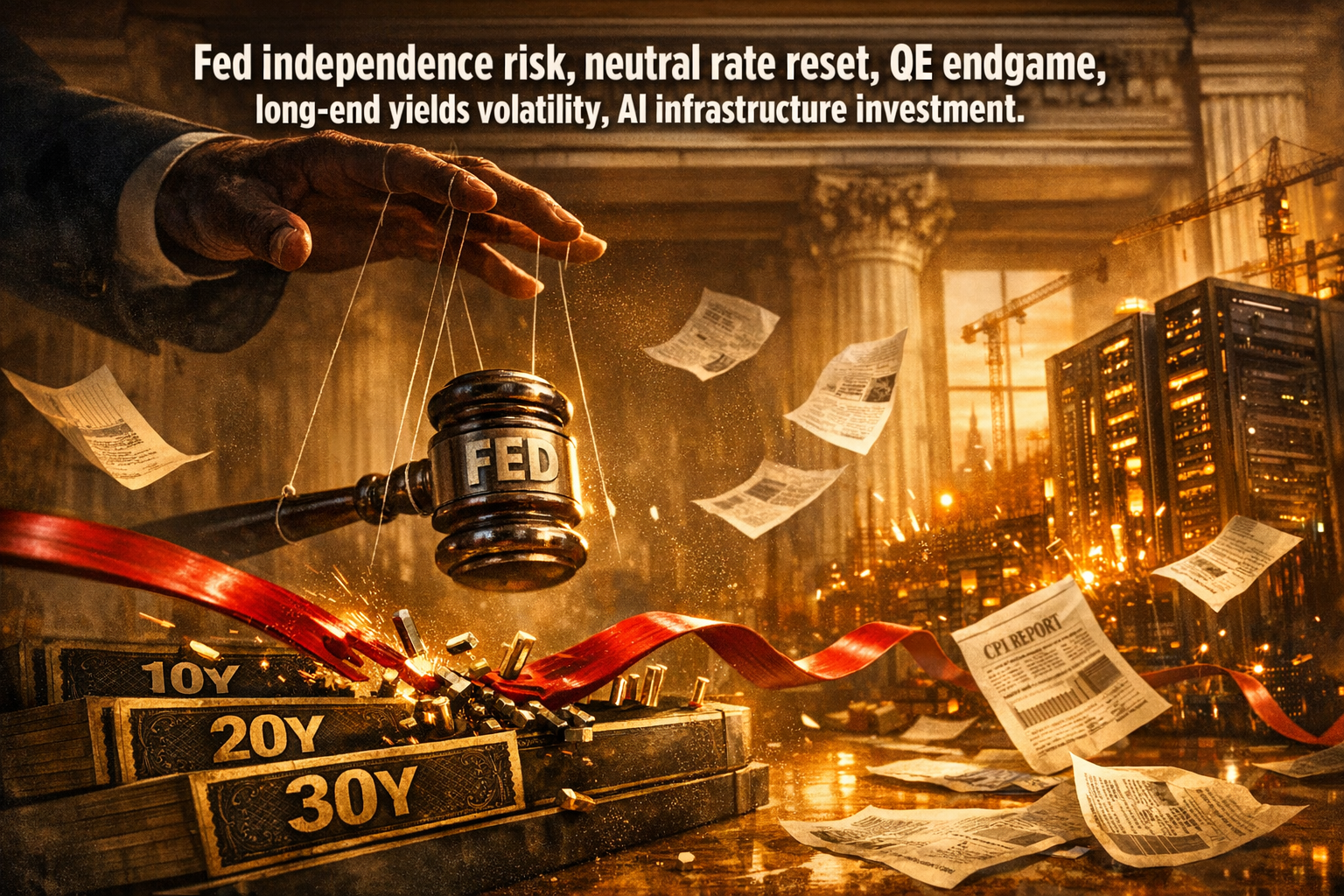● Middle Class Massacre,Tariff Backfire Imminent
The U.S. Economy, Trump Administration Policies, and an Uncertain Future – Tariffs, Inflation, and the Real Estate Crisis: Everything You Need to Know
[1] The U.S. Economy Overall, Public Expectations vs. Reality
The American public strongly expects that President Trump will eventually revive the U.S. economy.
However, there is a widespread perception that the tariff policy is just a bluff.
The imposition of tariffs, often excessive, on other countries is fueling inflation and causing a contraction in consumption.
[2] Tariff Policy and Inflation – The Impact on the Self-Employed and the Middle Class
Prices are gradually rising due to the imposition of tariffs.
The self-employed and the middle class are particularly affected.
The surge in egg prices (eggflation) and other daily consumer goods prices is noticeable.
The effects of the Trump administration’s policies are expected to become fully apparent after March.
[3] Layoffs and Consumption Contraction – Across the Public and Private Sectors
Layoffs are occurring in both federal government positions and private companies.
In particular, layoffs among the middle-class in their 30s and 40s are increasing, exacerbating financial crises such as mortgage repayment burdens.
High minimum wages and tip culture are also severely impacting small business owners, such as restaurants.
[4] Real Estate Crisis – Soaring Vacancy Rates and Refinancing Burdens
Commercial real estate vacancy rates are reaching 20-40% in major cities.
High vacancy rates in New York, LA, and San Francisco are resulting in decreased rental income and intensified refinancing burdens.
Despite requests for interest rate cuts, actual market interest rates remain high at around 7%, causing difficulties for both the housing and commercial real estate markets.
[5] Government Debt and Interest Rates – Concerns of Economic Recession
The size of the U.S. government debt (over $35 trillion) and the annual burden of repaying public debt are severe.
While interest rate cuts can alleviate the repayment burden during an economic recession, a short-term recession could lead to an economic depression.
It is important to closely monitor how the Fed’s policy direction and the freezing of the base interest rate will affect the U.S. economy in the future.
[6] Illegal Immigration Issues and Social Safety – Changes in Self-Employment and Consumption Patterns
As the policy of deporting illegal immigrants intensifies, self-employed businesses such as restaurants are facing difficulties in securing employees.
The strict measures against illegal immigrants, including arrests and deportations, are increasing labor market volatility.
As a result, no-shows and labor shortages in some regions are leading to business closures, in addition to the decline in consumption.
[7] Brand Name Business Closures, Increased Crime – A Vicious Cycle of Economy and Society
As famous brand department stores and chain stores close down, problems with crime and theft are worsening.
In some states, such as California, it is difficult to control crime and theft, causing great harm to both consumers and business owners.
If this situation continues, it is likely to lead to an overall economic downturn.
< Summary >
The U.S. economy faces complex problems such as inflation, consumption contraction, layoffs, and a real estate crisis due to the Trump administration’s tariffs and strict policies on deporting illegal immigrants.
The middle class and self-employed are particularly affected, and concerns about an economic recession are growing due to high interest rates and government debt burdens.
It is necessary to closely monitor the future policy effects and economic direction, focusing on keywords such as the U.S. economy, President Trump, tariff policy, inflation, and the real estate crisis.
[Related Articles…]
*YouTube Source: [머니인사이드]
– 미국 중산층 다 죽게 생겼다. 관세 역풍 맞기 직전입니다 (서동기 박사 1부)



